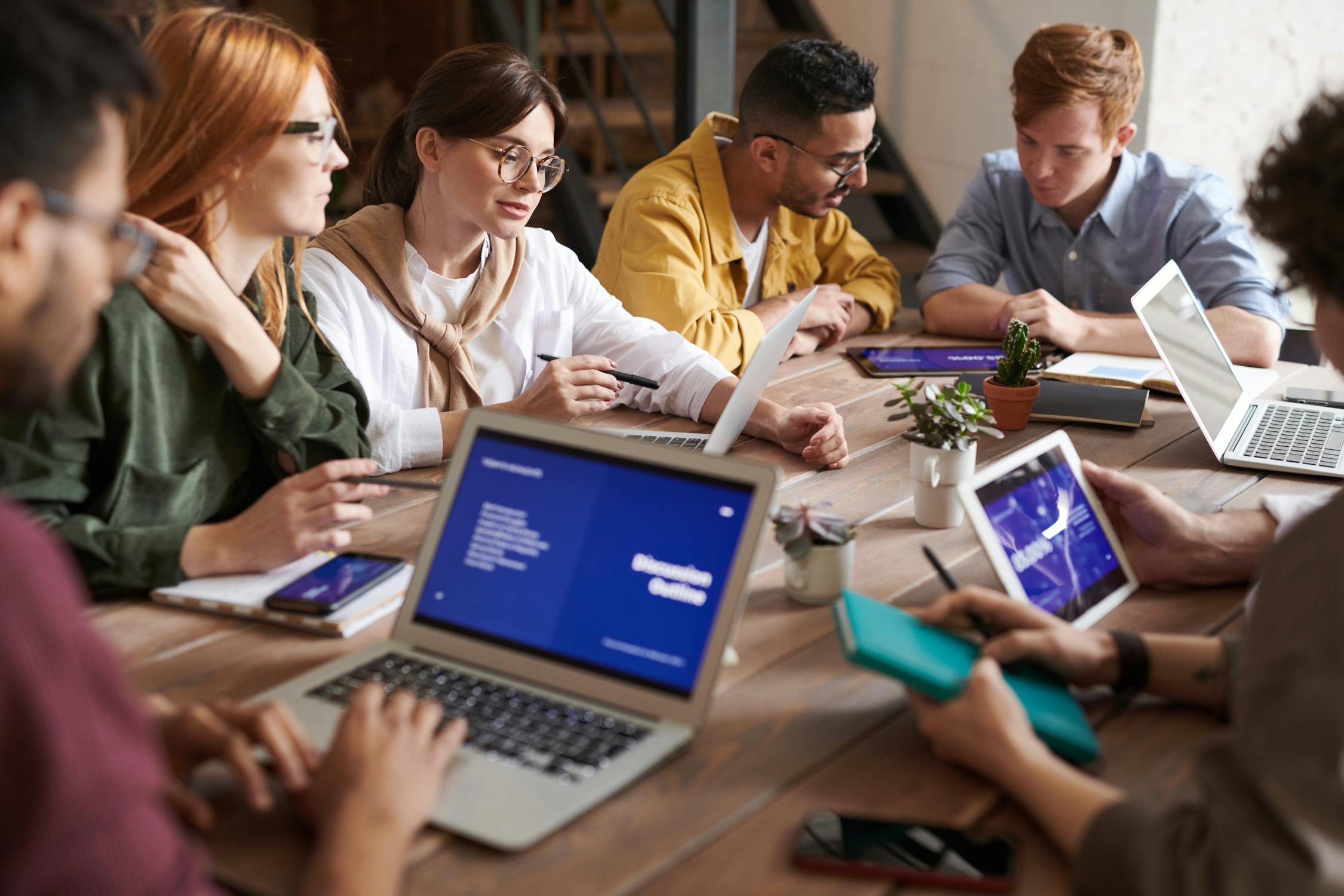Coordinating influencer collaborations across multiple platforms, product lines, and countries can overwhelm even well-staffed marketing teams. By weaving artificial intelligence into every stage of planning, outreach, and reporting, brands can orchestrate influencer collaboration coordination that feels personal to creators while remaining scalable for internal stakeholders.
Using AI for Influencer Discovery and Shortlisting
AI-powered social listening tools scan millions of profiles to identify creators whose audiences match your campaign goals. During influencer collaboration coordination, machine learning models prioritize partners based on engagement rate, audience authenticity, content themes, and historical brand mentions.
- Audience fit: AI analyzes follower demographics to ensure influencer collaboration coordination aligns with your buyer personas.
- Content alignment: Natural language processing surfaces creators who consistently discuss the keywords, product categories, and values central to your brief.
- Brand safety: Automated reputation checks flag controversial posts or bot-driven spikes before outreach begins.
Streamlining Outreach With AI Personalization
Once you have a short list, AI accelerates the pitch process. Email assistants craft dynamic templates that insert creator-specific talking points, while CRM automations track response rates and reminders. Personalized influencer collaboration coordination messages referencing recent posts or milestone achievements increase reply likelihood.
Negotiation Support
Predictive analytics benchmark fair rates by comparing campaign scope, platform mix, and historic CPMs. During influencer collaboration coordination, AI suggests counteroffers that keep budgets on track without undervaluing creator work. Contracts are generated automatically with the correct deliverables, usage rights, and payment schedules pre-filled.
Managing Production With AI Workflows
Project management platforms enriched with AI keep every asset moving. Automated intake forms push briefs, mood boards, and examples to creators. As files arrive, computer vision validates aspect ratios and brand guidelines, while transcription services check scripts for compliance. This structured approach to influencer collaboration coordination minimizes back-and-forth and protects deadlines.
Real-Time Collaboration Hubs
Set up shared dashboards where creators can ask questions, upload drafts, and receive feedback in one place. AI summarization highlights what changed between versions, so stakeholders only review new material. The result is influencer collaboration coordination that feels responsive without constant meetings.
Approvals, Compliance, and Rights Management
AI compliance bots scan captions and video scripts to ensure FTC disclosures, hashtag requirements, and product claims meet legal standards. Rights management tools log when and where brand assets can appear, preventing accidental overuse of creator likenesses. Keeping these records centralized is critical for global influencer collaboration coordination programs.
Localization at Scale
For multinational campaigns, translation models adapt briefs and talking points into local languages. AI also recommends region-specific creators, trending sounds, and cultural references so influencer collaboration coordination resonates authentically across markets.
Measuring the Impact of AI-Supported Coordination
Dashboards consolidate performance data from each platform, showing how influencer collaboration coordination influences traffic, conversions, and brand lift. Advanced models attribute sales to specific moments, such as a live shopping mention or a story swipe-up.
Optimization Loops
- Analyze sentiment shifts in comments after each activation.
- Compare AI-generated briefs against manually written ones to see which drive higher creator satisfaction.
- Feed post-campaign learnings back into your discovery tools to refine future influencer collaboration coordination cycles.
Future-Proofing Influencer Operations
Create playbooks that spell out how AI tools integrate with human expertise. Define escalation paths for sensitive decisions, such as crisis management or contract disputes. When both the brand and creators understand how influencer collaboration coordination leverages AI, trust grows and campaign quality improves.
By embracing AI as a coordination partner, marketers can juggle more collaborations without sacrificing authenticity. Thoughtful governance, transparent communication, and continuous optimization keep influencer collaboration coordination agile even as creator economies evolve.

